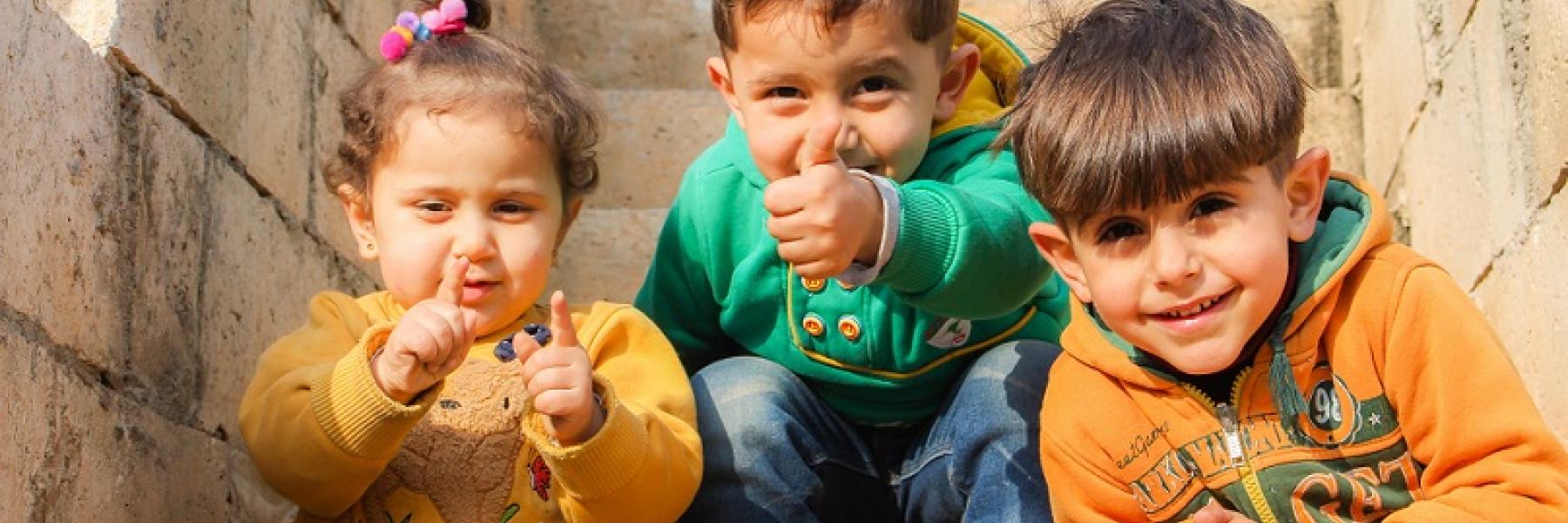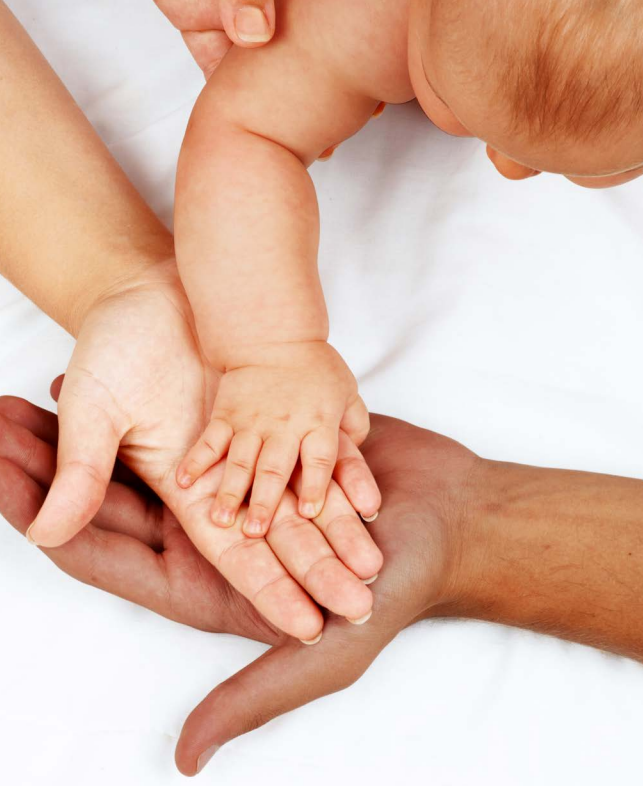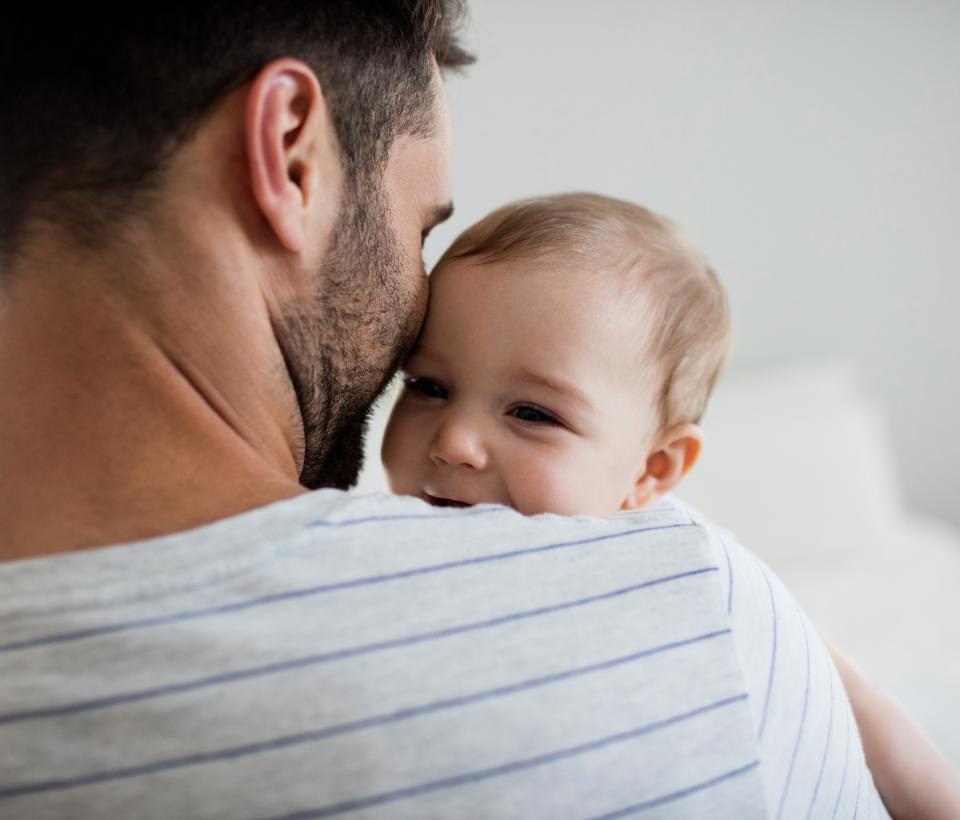
The First 2000 Days
The First 2000 days of a child’s life will have a big impact on the next 30,000 days of their life (that’s 82 years). What happens in a child’s life from conception to age five shapes their development and mental and physical health throughout their life. The first 2000 days are important because 90 per cent of a child’s brain is forming over this time.

The First 2000 days sets you up for life
Thanks to the latest research, we know that even before a baby is born, their early life experiences and their parents’ health can affect them. Stressful events as the baby grows in the womb and in early childhood can predict a child’s learning at school. These events can also predict the risk of obesity, depression, diabetes and heart disease as adults. A high number of stressful events in the first 2000 days can also increase their chance of getting involved in the juvenile justice system. They could be more likely to smoke, be above a healthy weight or misuse drugs or alcohol.
The New ABC
To understand the importance of the First 2000 Days, we can group the key areas into a new ABC:
-
A = Antenatal
While the baby grows in the womb, the foundations for their life are forming and this can stay with them as teenagers and adults. A mother’s physical and mental health affects her baby’s growth and development. Greater access to antenatal care can help to support the mother and baby’s health during this important time.
-
B = Brain development
A baby’s brain grows and develops very fast over the first 2000 days. Close ties with parents and caregivers will have a lifelong impact on the child and their mental and physical health. If a child experiences many stressful events, they are more likely to have poorer health later in life.
-
C = Childhood experiences
For a child to thrive by age five, they need at least one positive caregiver in their life. Playing, talking, singing and reading to babies are all powerful things that caregivers can do often and early to nurture a child as they grow. Domestic and family violence, drug and alcohol abuse, financial and housing stress can harm a child’s development. The more stresses in a family and child’s life, the greater the chance that these will affect the child as they grow.
If you would like more information on the new ABC's, check out these links below:
A = Antenatal
|
B = Brain development
|
C = Childhood experiences
|
Articles
What happens during the first 5 years of a child’s life – pregnancy to age 5 – has a huge impact on how they grow, develop and…
This tool helps NSW Health staff to understand why the first 2000 days of life are important
The First 2000 Days framework aims to reduce the risk of early death, chronic diseases and illnesses that are currently driving up…




